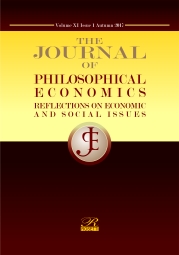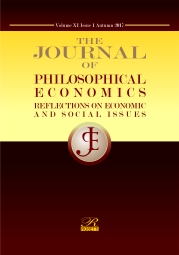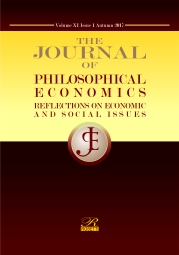
Financial bubbles and their magic: asset price as a heroic journey in the financial markets
Why do financial crises appear unprecedented in spite of being a rather regular occurrence across countries and time? There are many answers from various schools of finance and economics, including Minsky’s financial instability hypothesis in which systemic stability endogenously results in instability. We explore the inclusion of observed human behavior in an endogenous framework by engaging with anthropological concepts such as myth, ritual and magic that structure and explain our behaviour, and by extending the concept of agency from human to non-human. We also point to the possibility of better understanding our position in the mythological cycle using the new social media data. The aim of the article is to offer a holistic framework of interpretation of causes and circumstances of economic crises, using the tools of economy, semiotics, and economic anthropology that would account for both the universality of these crises and for their particular occurrences that always seem unique.
More...

